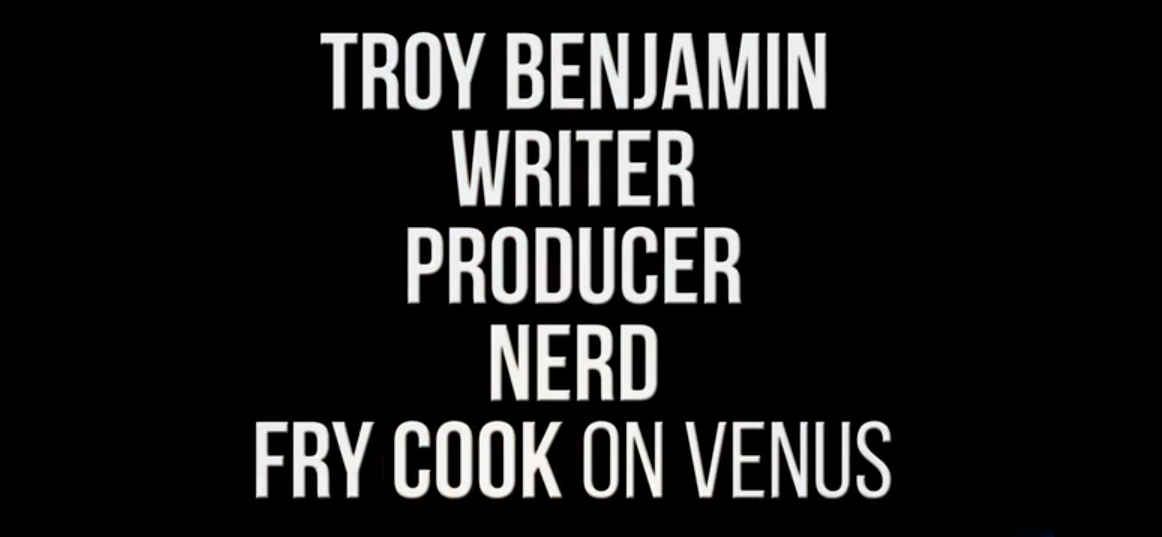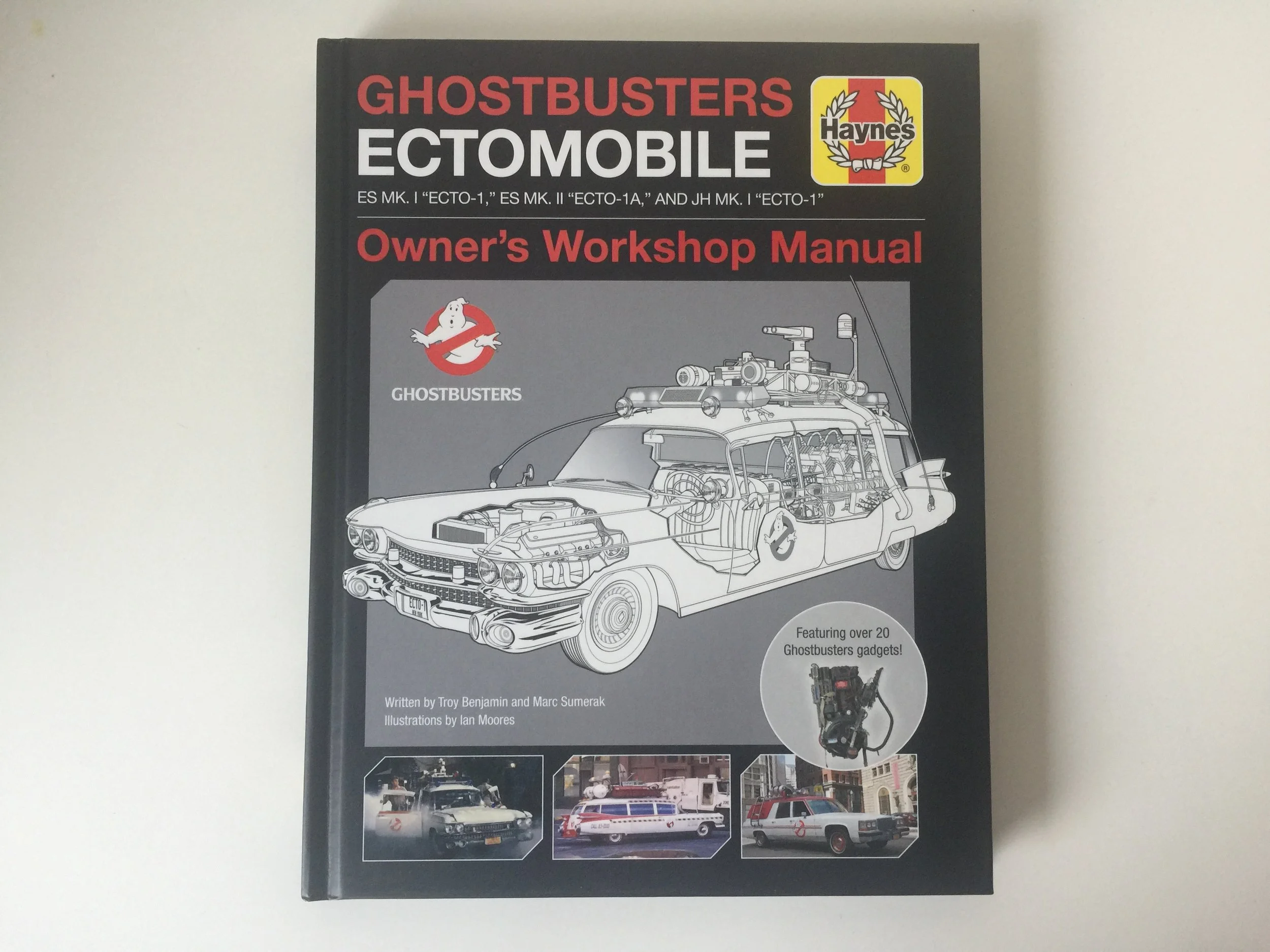We're being spoiled by the new trend in Hollywood to create "Cinematic Universes." Though, the trend is mainly spawning from each studio's desire to have a franchise mint that guarantees it will print money at least once a year, the creative teams behind films are having to find ways to connect everything and start looking outside of just one film for how they tell their stories.
Point in case, the release of X-Men: Days of Future Past, which I finally got to catch on Wednesday night. Admittedly, I was on the fence about the film based on the trailers and promotional material that had led up to its release. While I had enjoyed X-Men First Class, I was curious how this retelling of one of my favorite comic arcs was going to fit into the whole world. And, let's be completely honest, Fox as a studio wanting to maintain control over their Marvel properties is still cause for hesitation sometimes (see: Sony and Spider-Man and the troubles brewing over there).
But X-Men: Days of Future Past was brilliant.
The film had to serve so many purposes: it had to be a direct sequel to First Class, it had to retell a very known and beloved story from the comics but had to shoehorn that into the characters that had been established from First Class and had to focus on the bankable movie stars as the "leads" (hey there, Wolverine and Mystique). And, unknown to myself until after viewing, the film also served as a soft reboot of the previous X-Men films in a style very similarly to J.J. Abrams' 2009 Star Trek film, which acknowledged the existence of the films that had preceded it, but made very clear that the future with the characters that we're now following is very much not set.
The structural changes to the story were seamless and the essence of the Chris Claremont/John Byrne run were essentially in place, but the alterations felt welcome and weren't all that jarring. Right off the bat, Kitty Pride's consciousness isn't the device we follow back through time, it obviously has to be Wolverine because Ol' Logan sells lots of tickets. Mystique and the assassination attempt from the comics get to carry over (again, thankfully for Fox so that they can put Jennifer Lawrence right next to Hugh Jackman on the art campaign) and setting the plot in the First Class universe allows for a great dynamic between the 1970s characters and the future characters. In fact, the film gets to play in the sandbox of themes established in First Class (Mystique's relationship with Xavier, Beast's desire to be more human) and they all also fit seamlessly into the two hour story as well.
Essentially the film boils down to one big advocate for writers to use the crap out of their note cards. To weave elements and character developments into the story so well that it all keeps the audience moving forward rather than tying them up in the minutia. As I was watching, I couldn't help but continue thinking how damn clever things were constantly.
And it all adds up to an amazing experience that sets up a few more films that I can't wait to see. Even if there was a baffled movie-goer in front of us that didn't understand the end tag sequence that sets up the Apocalypse.





















